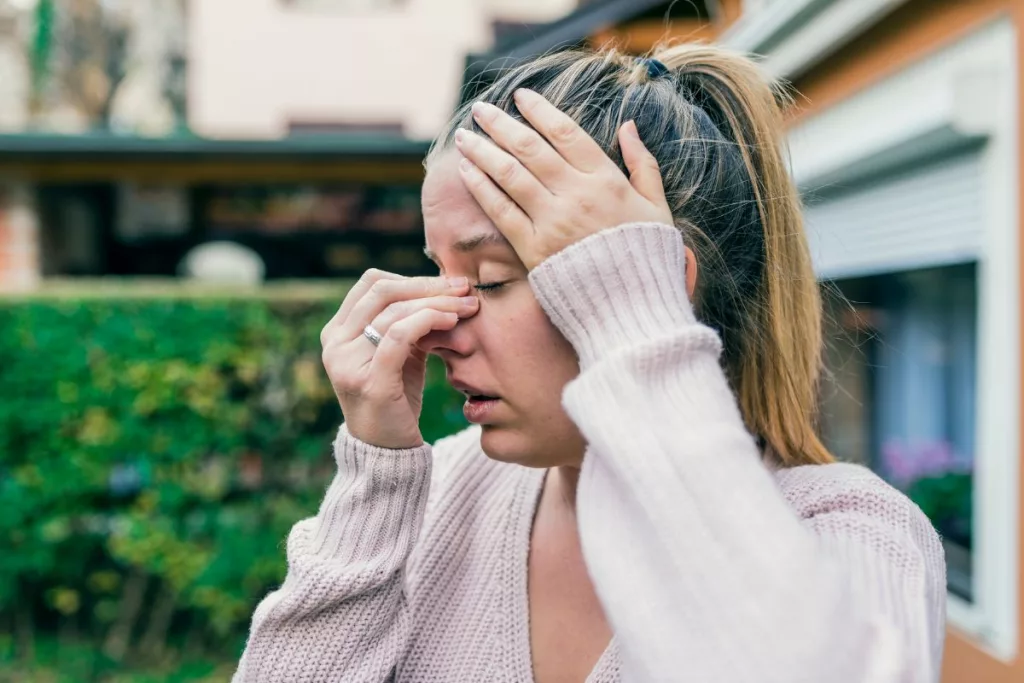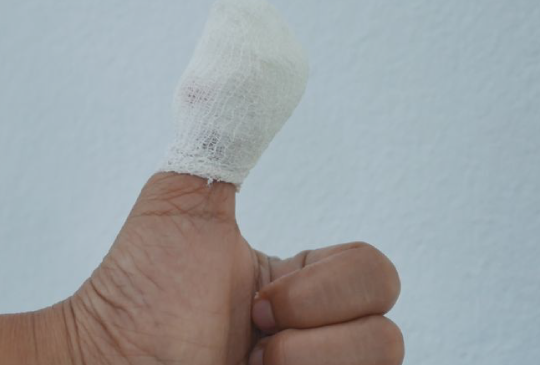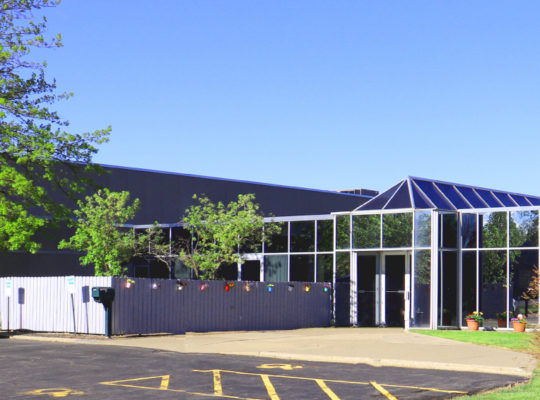Sinus infections can be a common and uncomfortable condition, and in most cases, they can be managed with home remedies and over-the-counter medications.
However, there are times when a sinus infection may require a visit to urgent care for prompt medical attention.
Understanding the signs and symptoms that indicate a more severe infection or potential complications is crucial in determining when it is necessary to seek immediate medical care.
Today, we will explore the factors that determine when a sinus infection warrants a visit to urgent care.
We will discuss the various symptoms that may indicate a more severe infection, such as severe facial pain, high fever, persistent symptoms, and worsening condition despite home remedies.
If you experience any of the severe symptoms mentioned in today’s article, seek medical assistance immediately.
What Are Sinuses?
Your sinuses are spaces, or cavities, located in your head and are interconnected via various channels. Mucus is produced within these sinuses, keeping the nose clear of any harmful bacteria.
However, sinuses can become infected. When this occurs, they can become clogged with a thick mucus, instead of pockets of air.
Mild sinus infections can typically be treated at home with over the counter medication. But, severe infections may require more regent medical care from professionals in order to treat it.
Sinus Infections – Mild Vs Severe
Mild and severe sinus infections tend to hold many differences, so you can determine how bad it is. Firstly, mild cases of sinus infections generally respond well to home remedies.
On the other hand, severe cases will not improve when using the same methods, such as drinking water, resting, eating soup, steam treatment, or nasal irrigation with saline solution treatment.
The first symptoms of a sinus infection usually include the following:
- Headache
- Ear pain
- Tenderness and pain in the face
- Nasal congestion
- Nasal discharge fever
- Fatigue
- Post-nasal drip
If the above symptoms persist despite treatment, become unbearable, or return after some initial improvement, then you should seek medical help.
It is recommended by doctors that those with nasal infections should observe their symptoms for ten days.
This gives them enough time to see if their symptoms are worsening or the infections easing.
If the symptoms persist after this period, medical assistance will be required to treat the underlying cause of the infection. Doing so will help relieve the symptoms in most cases.
After ten days of symptoms, there is a higher chance that antibiotics will be needed to treat the infection-causing bacteria.
That being said, some sinus infections can be caused by viral infections, such as a respiratory illness or a cold. If this is the case, then antibiotics will not work. You can use scba respirator accessories for viral infections and other illness.
A sinus infection can have various causes, and a thorough evaluation involving multiple tests is necessary for an accurate diagnosis.
While uncommon, it is essential to note that an untreated sinus infection has the potential to spread to the brain and nearby regions, leading to complications such as abscesses or blood clots.
Understanding the potential causes and risks associated with sinus infections underscores the importance of timely diagnosis and appropriate treatment to prevent the occurrence of severe complications.
If symptoms continue to worsen, prompt medical treatment should be sought after at an urgent care clinic.
Here, appointments are not required and there are no long wait times. You simply need to arrive and receive care for your sinus infection.
Sinus Infection Treatment
When sinus infection symptoms become a cause for concern, it is best to visit urgent care for treatment.
When visiting, you will be assessed by medical professionals, who will implement several tactics to try and diagnose the infection. This includes a detailed examination of the nasal passageways.
Once diagnosed, there are numerous treatments available. What treatment method works for you will be determined on the root cause of the infection.
For instance, if it is caused by a bacterial infection, antibiotics can be used, though this is not for all cases.
Antibiotics are generally the most successful treatment technique for sinus infections. However, they will not work for viral infections. In these cases, antiviral medicine is typically given to the patient.
Allergies are a common cause of sinus inflammation. This is when the immune system rejects certain substances as it considers them to be harmful to the body.
If nurses and doctors find that the allergies are the source of the nasal inflammation, a steroid spray is usually prescribed.
A nasal spray can help minimize the intensity of the reaction, thereby enabling the sinus inflammation to remain manageable and within tolerable limits.
For many suffering from nasal infection, over the counter medications are the first place they go to. Many of these can help mild symptoms. Some examples include:
- Allergy medicines
- Decongestants
- Paint relievers
- Nasal spray
- Steroids
If you’re unsure of what over the counter medicine is best in your case, it is recommended that you talk to your doctor or medical professional for advice.
When symptoms are managed properly over a continuous period of time, sinus infections rarely last for more than a week.
But, if it does continue for longer than this, it is recommended that you visit urgent care for further treatment and assistance.
How To Help Prevent Sinus Infections
Avoiding sinus infections is the best treatment possible. But, how can you do this?
Of course, it is not always possible to avoid or prevent a sinus infection, but there are some precautions you can take to minimize the risk of developing the illness, such as:
- Keeping your distance from individuals who are currently sick
- Planning ahead for a potential allergy attack
- Get a flu shot
- Practice good, proper hygiene at all times (i.e. washing hands thoroughly)
To stand the best chance of preventing sinus infections, it is crucial to maintain a healthy lifestyle by practicing frequent handwashing.
Furthermore, getting an annual flu shot and taking necessary precautions during allergy season, such as minimizing outdoor exposure and receiving allergy shots, can greatly reduce the risk of developing a sinus infection.
Children Sinus Infections
If your child develops a sinus infection, it is highly encouraged that you take them to urgent care. This is because their bodies may not be strong enough to fight off the infection alone quickly.
Moreover, diagnosing sinus infections in children tends to be more challenging. Sometimes, the cause of it could be down to an underlying allergy that doctors, and you, are unaware about.
When visiting urgent care with your child, their symptoms will be thoroughly examined and documented to make a proper diagnosis.
Before visiting, it is recommended that you make a list of all the symptoms your child has been experiencing, any medications they currently take, and any existing allergies you are aware of.
Also, write down any questions you want to ask the doctors, so you get all the answers you need.
In Summary
Everyone will experience a sinus infection at some time in their life.
Whilst they can generally be treated at home or with over the counter medications, urgent care may be required if symptoms last for more than ten days, or they become intolerable.





